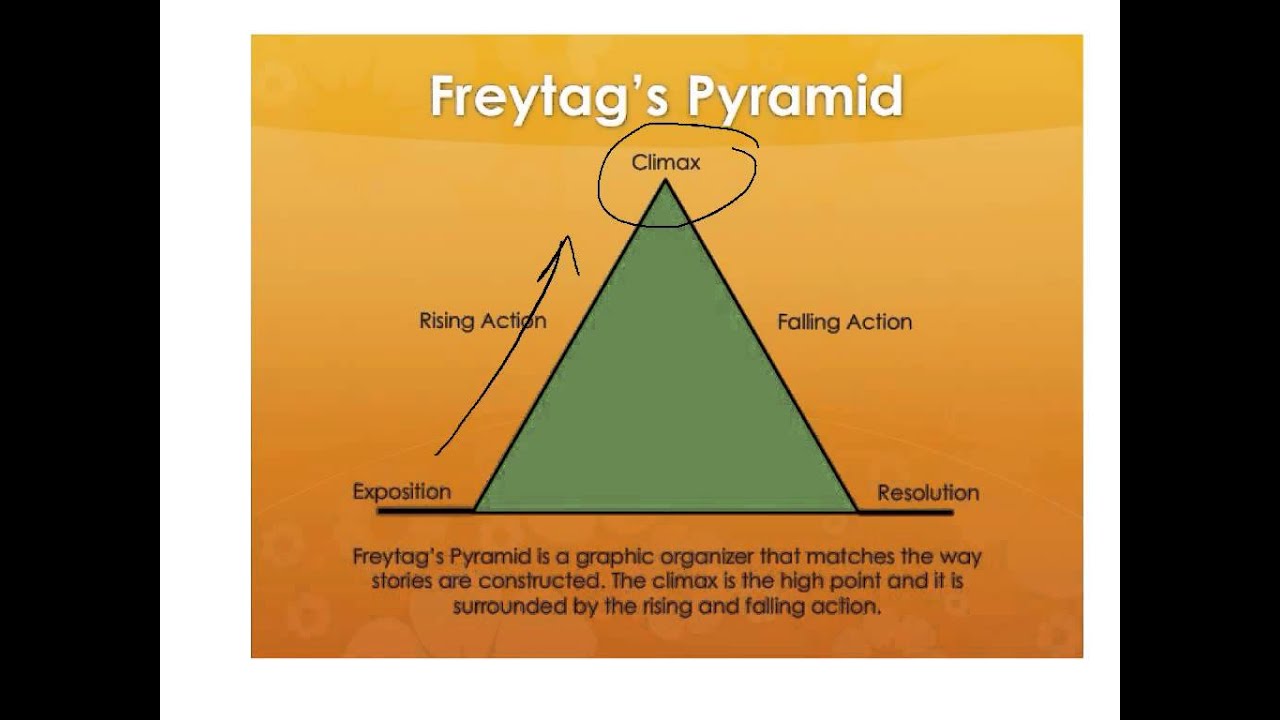Four Mind-Bending Randall Flagg Theories That Reinterpret Stephen King's Works

Table of Contents
Flagg as a Necessary Evil – The Catalyst for Growth
The Argument:
This theory proposes that Flagg, despite his malevolence, acts as a necessary catalyst for growth and change within King's universe. His actions, however horrific, ultimately force characters to confront their own darkness and emerge stronger. He's the ultimate antagonist, yes, but his presence inadvertently forges resilience and reveals hidden depths within his protagonists.
-
Flagg's presence pushes protagonists to their limits, revealing hidden strengths and resilience. Consider Stu Redman in The Stand: Flagg's relentless pursuit forces Stu to confront not only the physical threat but also his own inner demons, ultimately leading to his heroism.
-
His destructive acts often pave the way for societal rebuilding and moral reckoning. The devastation wrought by Flagg in The Stand necessitates a new social order, forcing survivors to grapple with ethical dilemmas and rebuild a better future. The chaos he creates forces a profound societal shift, almost a necessary purge for renewal.
-
Examples from The Stand and The Eyes of the Dragon highlight this dynamic. In The Eyes of the Dragon, Flagg's manipulation of the kingdom, although cruel, ultimately leads to a more just and equitable society once he is defeated. This showcases a complex pattern in King’s writing; even the destruction inflicted by this iconic antagonist paves a path toward a more wholesome outcome.
-
Analyzing Flagg's impact on individual character arcs reveals a complex, albeit unsettling, role. Flagg isn't simply a villain; he's a powerful force that pushes characters to their breaking points, ultimately shaping their destinies in unexpected ways. His impact on the trajectory of individual character arcs emphasizes his importance in the overall narrative.
Flagg as a Multiversal Being – A Guardian of Balance
The Argument:
This theory suggests Flagg isn't simply an antagonist but a multiversal being tasked with maintaining a delicate balance across King's interconnected worlds. His actions are not random but serve a larger cosmic purpose, a role far exceeding that of a simple villain in the grand scheme of King’s literary multiverse.
-
Flagg's appearances across different novels hint at a deeper, overarching narrative. His presence in seemingly disparate stories, from The Stand to The Dark Tower, suggests a larger role within King's interconnected universe, hinting at a wider, more significant plot.
-
His actions could be interpreted as attempts to correct imbalances or prevent greater catastrophes. Perhaps Flagg's seemingly chaotic actions are actually interventions designed to maintain a fragile cosmic equilibrium, making him a paradoxical figure; destructive yet ultimately, balancing.
-
Examining his interactions with the Dark Tower and other magical elements strengthens this theory. Flagg's connection to the Dark Tower, a central point in King's multiverse, hints at his involvement in larger cosmic forces, giving his character a greater weight and more expansive role.
-
The concept of Flagg as a cosmic force of entropy and chaos is explored. This theory posits Flagg as a necessary part of the universe's natural order, embodying chaos and entropy as a counterbalance to order and stability – a force of nature personified, rather than just a malicious entity.
Flagg as a Manifestation of Humanity's Dark Side – A Reflection of Ourselves
The Argument:
This theory proposes that Flagg embodies the inherent darkness and potential for evil within humanity itself. He is not a separate entity but a reflection of our own capacity for cruelty and destruction, a dark mirror held up to human nature.
-
Flagg's adaptability and ability to manipulate others highlight human fallibility. His chameleon-like nature and ease with deception mirror the manipulative nature often found within humanity, a testament to our capacity for both good and evil.
-
His appeal to our baser instincts reflects the seductive nature of power and chaos. Flagg's charisma and ability to prey upon people’s desires highlight the dark undercurrents of human nature and the dangers of unchecked ambition and power.
-
Examining Flagg's followers and their motivations provides insight into this perspective. The individuals who follow Flagg often reveal their own flaws and vulnerabilities, underscoring the appeal of his nihilistic philosophy and the inherent darkness within humanity.
-
Flagg's symbolism as a representation of human nature is deeply explored. This theory emphasizes Flagg not simply as a character but as a symbol, a representation of the darker aspects of the human psyche and the ever-present potential for evil that resides within.
Flagg as a Fragment of Gan – A Piece of a Greater Entity
The Argument:
This theory connects Flagg to Gan, the ultimate antagonist of the Dark Tower series, suggesting Flagg is a fragment or manifestation of this powerful entity; a piece of a larger, more terrifying whole.
-
Similarities in Flagg's and Gan's powers and motivations are examined. Both characters exhibit manipulative abilities and a desire for chaos and destruction; similarities that support this theory of interconnectedness.
-
Exploring the potential for Flagg to be a subordinate or even a piece of Gan’s being. This theory delves into the possibility that Flagg is a mere pawn or fragment of Gan’s power, acting as an extension of the main antagonist's malevolent will.
-
Analysis of how Flagg's actions contribute to Gan's overall plan. This theory examines Flagg's actions within the context of Gan's larger goals, providing context to his actions as potentially crucial steps in a wider, far-reaching plot.
-
The Dark Tower's mythology and Gan's role are crucial to understanding this theory. The context provided by King's overarching Dark Tower mythology illuminates this theory and its implications regarding the nature of both Gan and Flagg.
Conclusion:
Randall Flagg remains one of the most compelling and enigmatic villains in Stephen King's vast literary landscape. These four theories, while speculative, offer intriguing new perspectives on his role and significance within the Dark Tower series and beyond. By exploring these mind-bending interpretations, we gain a deeper understanding of Flagg's complex nature and his lasting impact on King's universe. Dive deeper into the mysteries of Randall Flagg and explore these theories further – what are your own thoughts on this multifaceted character? Share your Randall Flagg theories in the comments below!

Featured Posts
-
 Palantir Stock Before May 5th Is It A Buy Wall Streets Verdict
May 09, 2025
Palantir Stock Before May 5th Is It A Buy Wall Streets Verdict
May 09, 2025 -
 Real Id Enforcement Summer Travel Planning Guide
May 09, 2025
Real Id Enforcement Summer Travel Planning Guide
May 09, 2025 -
 Lisa Rays Complaint Against Air India Airline Denies Claims
May 09, 2025
Lisa Rays Complaint Against Air India Airline Denies Claims
May 09, 2025 -
 Nome Bound Following 7 Rookie Iditarod Teams
May 09, 2025
Nome Bound Following 7 Rookie Iditarod Teams
May 09, 2025 -
 The Ripple Effect How Elon Musks Moves Affect Tesla And Dogecoin
May 09, 2025
The Ripple Effect How Elon Musks Moves Affect Tesla And Dogecoin
May 09, 2025
